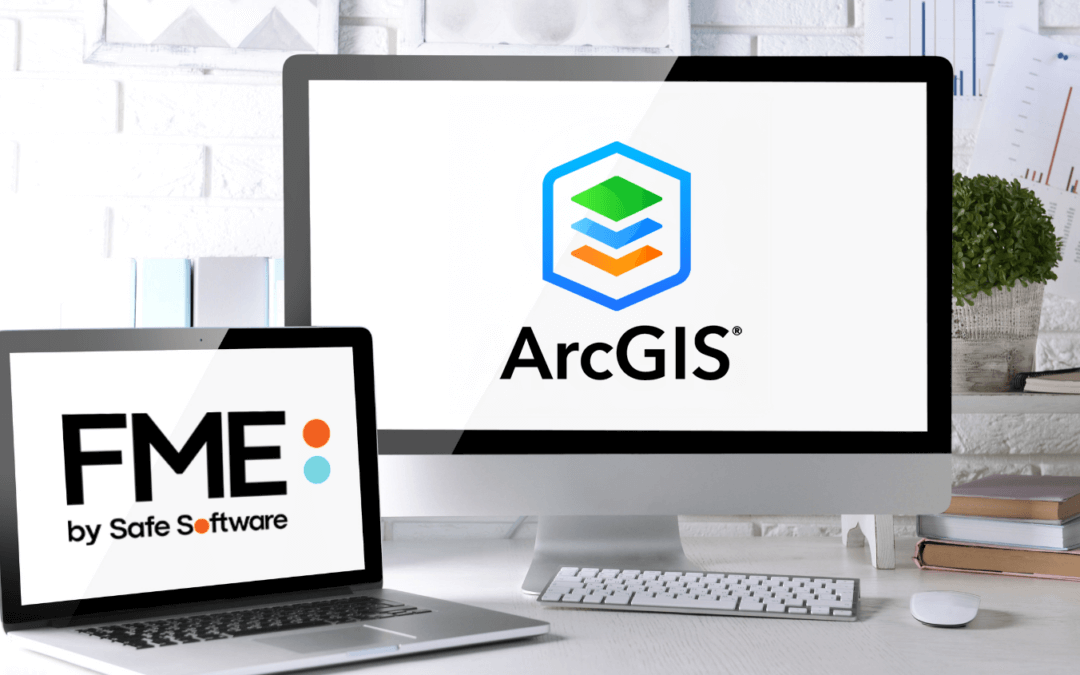Managing software licenses in a complex IT environment, especially with ArcGIS and FME, can be challenging. For local governments and large organizations, license compliance is more than a technical concern; it’s a strategic priority!
Raising license awareness early in your integration plan helps prevent disruptions and supports strong data governance. Our experts offer clear, practical advice to help you navigate the risks and avoid the headaches of non-compliance.
What You Need to Know About License Compliance
Organizations using FME Flow to automate GIS data processing often work with proprietary Esri formats such as Enterprise Geodatabase (SDE) and File Geodatabase (FGDB). However, using these formats in an Enterprise environment with FME Flow is subject to specific Esri licensing requirements.
Failure to comply can lead to:
- Technical limitations
- Non-compliance risks
- Limited support from Safe and ESRI
- Unexpected costs
Licensing in Server Environments: Key Principles
In a desktop context, Esri licensing is often fulfilled by ArcGIS Desktop, which FME Form (formerly FME Desktop) can leverage directly. However, in a server environment, Esri requires that licensing be fulfilled via ArcGIS Server to enable full access to proprietary formats through FME Flow.
If you are an Esri ELA client, this is usually manageable: you can allocate an ArcGIS Server licenses to support FME Flow. If you are not, there are three main strategies to consider:
1. Leverage Existing ArcGIS Infrastructure
If your organization already runs ArcGIS Enterprise, you can deploy a dedicated FME Engine on the ArcGIS Server host machine, creating a distributed architecture.
- No new ArcGIS Server licenses required
Possible trade-offs:
- Performance bottlenecks
- Component dependencies
- Risk during system updates
2. Use Alternative Integration Methods
In some cases, you can use alternative options for reading and/or writing ESRI formats legally, without requiring ArcGIS Server licenses
- File Geodatabase Open API Reader/Writer
- ArcGIS REST API + FME HTTPCaller
- Other custom workflows
These alternatives are not always sufficient. A technical feasibility analysis is highly recommended before implementation.
3. Acquire a Dedicated ArcGIS Server License
When options #1 and #2 aren’t viable, purchasing an ArcGIS Server license dedicated to FME Flow remains the most robust, industry-standard, and compliant solution.
Plan Ahead to Avoid Surprises
Beyond legal compliance, your licensing choices can affect:
- Workflow performance
- Enterprise architecture
- Operating costs
